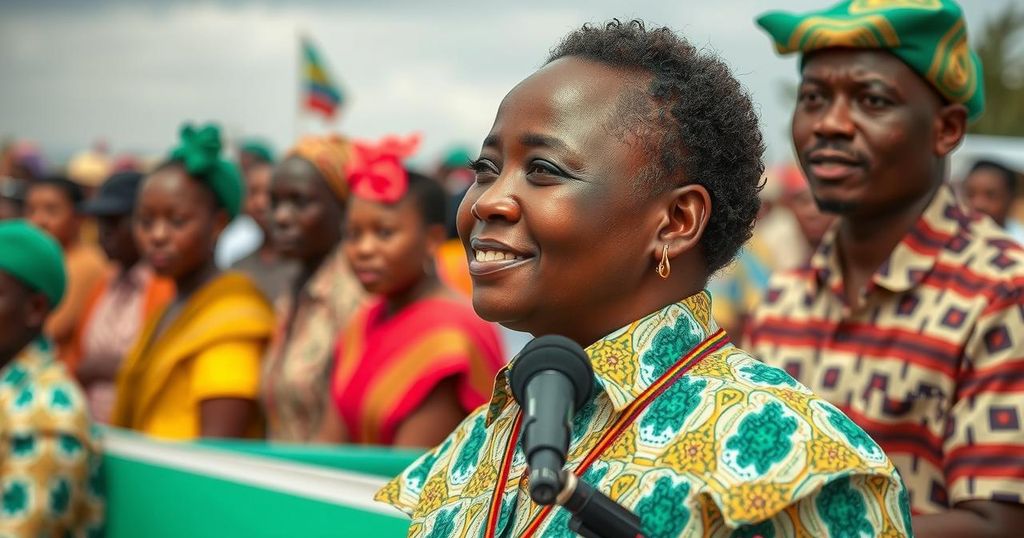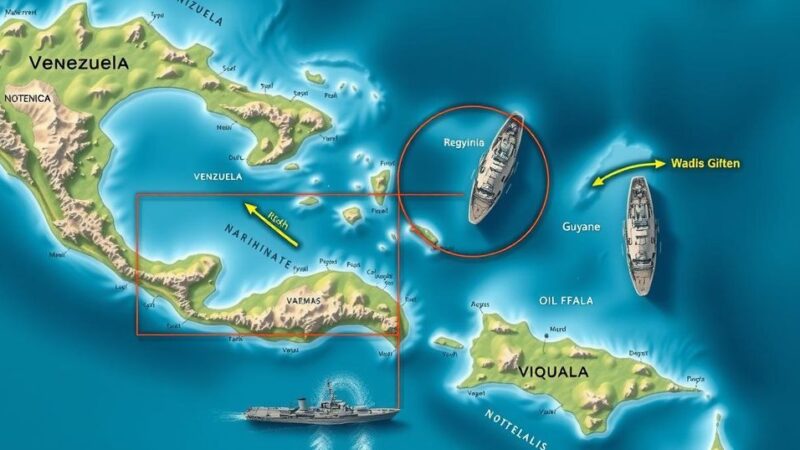Ghana has witnessed a political shift as John Mahama, opposition candidate and former president, won the presidency in December 2021, defeating Nana Akufo-Addo of the NPP. The election reflects widespread discontent over inflation, corruption, and environmental issues, tying Ghana’s experience to an emerging trend of anti-incumbent sentiment across Africa.
In December 2021, Ghana experienced a significant political shift as John Mahama, a former president and opposition candidate, reclaimed the presidency in elections held on the 7th. Mahama, representing the National Democratic Congress (NDC), had previously faced defeats against the outgoing President Nana Akufo-Addo of the New Patriotic Party (NPP). The recent electoral victory is indicative of growing discontent among the electorate, who expressed their frustrations regarding high inflation rates, environmental issues resulting from illegal gold mining, and recurring corruption scandals.
This election reflects a broader trend observed across several countries in Africa, where opposition parties have gained ground against long-standing incumbents. In prior elections, Mahama had been bested in both 2016 and 2020 by Akufo-Addo. However, with the NPP’s failure in the most recent elections, they now assume the role of the leading opposition party, marking a notable change in the political landscape of Ghana.
Mahama’s victory has been likened to that of U.S. President-elect Donald Trump, as both leaders are returning to power after prior terms. The elections in Ghana have aligned with a noticeable wave of anti-incumbent sentiment, leading to significant changes in governance across the continent. Countries such as Senegal, Mauritius, and Botswana have witnessed the establishment of new governments led by opposition parties, while those in Namibia and South Africa have experienced a reduction in their governing majorities, compelling them to seek alliances with former opposition parties.
The NPP’s defeat can be attributed to a combination of rising living costs, environmental degradation linked to the Galamsey mining crisis, and a perception of a ruling elite disconnected from the populace. Historically, Ghana’s presidential elections have been closely contested, often necessitating run-offs; however, the lack of support from NPP constituents ultimately led to an early concession by Mahamadu Bawumia, the party’s candidate, underscoring the depth of dissatisfaction among the electorate.
Ghana’s recent election was part of a wider global trend characterized by opposition parties gaining ground against incumbents. International observers have noted a year marked by elections worldwide, particularly within Africa, where discontent with ruling parties has manifestly led to changes in government. High inflation, environmental crises, and corruption have contributed to a wave of political upheaval, highlighting the electorate’s increasing desire for accountability and responsive governance.
In conclusion, John Mahama’s election in Ghana represents a significant shift in the political landscape, showcasing the electorate’s demand for change amidst growing discontent with the ruling party’s performance. This trend aligns with an observable pattern across Africa, where opposition parties have successfully capitalized on grievances pertaining to economic and environmental challenges. As Ghana navigates this transition, the implications for governance and public accountability remain significant.
Original Source: www.worldpoliticsreview.com






